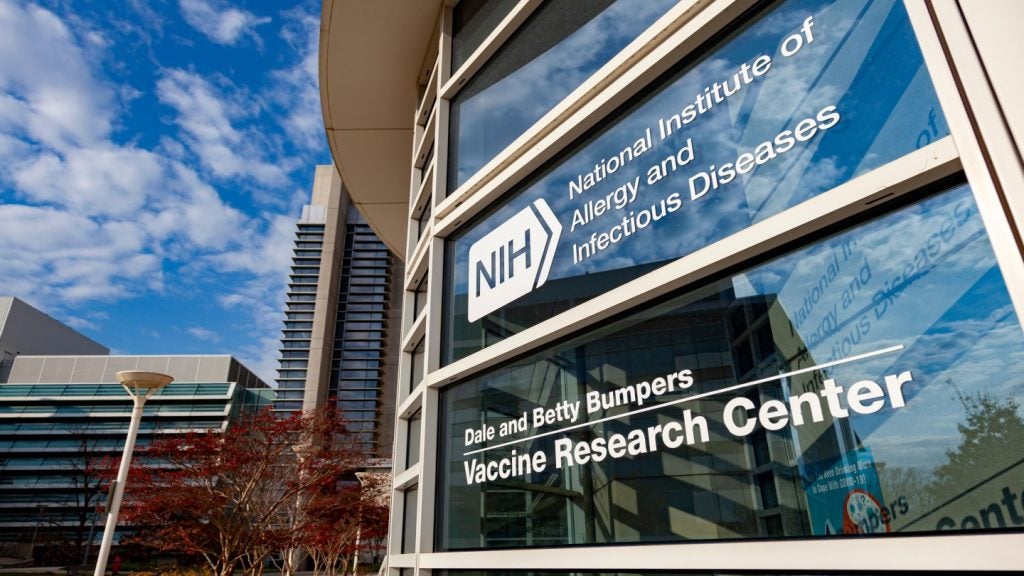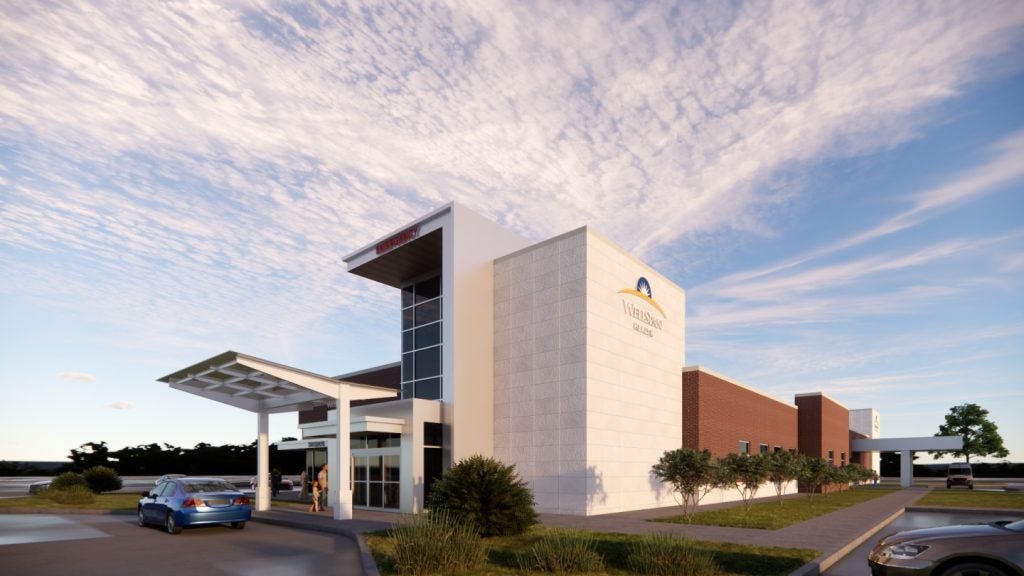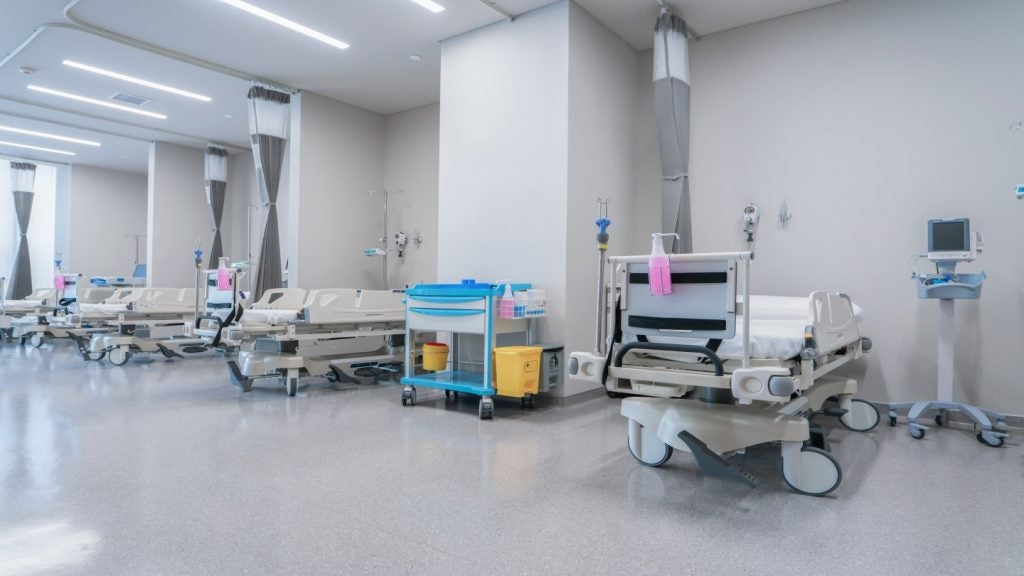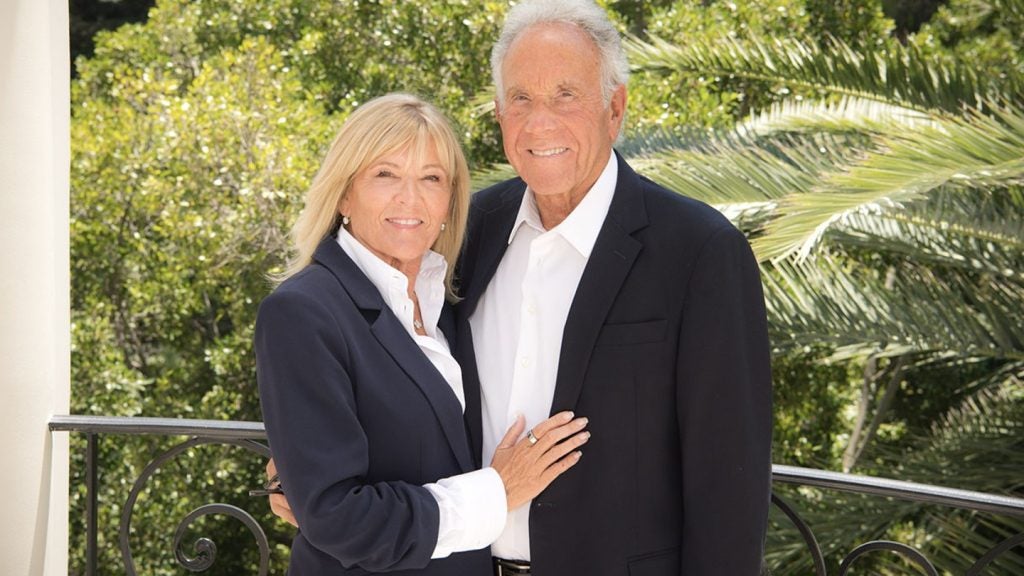Germany-based healthcare company Fresenius has announced an updated strategy for its Care Provision Platform and improved the financial outlook for its operating company, Fresenius Helios.
For the fiscal year 2024 (FY24), the company now anticipates organic revenue growth for Helios in the ‘mid-single’ digit percentage range, representing an increase from the previously forecasted ‘low-to-mid-single’ digit range.
It has also set a new earnings before interest and taxes (EBIT) margin target of 10-11%, up from the previous range of 9-11%.
The updated financial framework for Fresenius Helios includes a higher ambition level, with annual organic revenue growth now expected to be between 4% and 6%, compared with the previous 3% to 5% target.
The unit's structural margin band has also been revised from 9-11% to 10-12%.
These revisions underscore Fresenius Helios' aim to expedite its profitable growth by growing EBIT more rapidly than revenue and focusing more on optimising net working capital to bolster sustainable cash flow.
Fresenius attributes the enhanced expectations to a 'strong start to 2024', driven by key elements of Fresenius Helios' growth strategy.
This strategy includes an extended medical cluster and specialisation strategy in Germany, an emphasis on emergency care provision and improved outpatient integration.
Fresenius Helios is also implementing a strategy in Germany to form specialised clusters of hospitals, which will aim to deliver superior medical efficiency and growth by integrating administrative and medical functions and fostering specialisation.
The company currently operates around 140 hospitals and more than 400 outpatient facilities in total.
Fresenius CEO Michael Sen said: “Our sharpened focus on our Operating Companies is paying off.
“The strong and reliable growth momentum of our Care Provision Platform gives us confidence which is why we are improving outlook for Fresenius Helios for full year.”
Earlier this year, Fresenius sold four of its businesses to US-based healthcare company DaVita for $300m.















